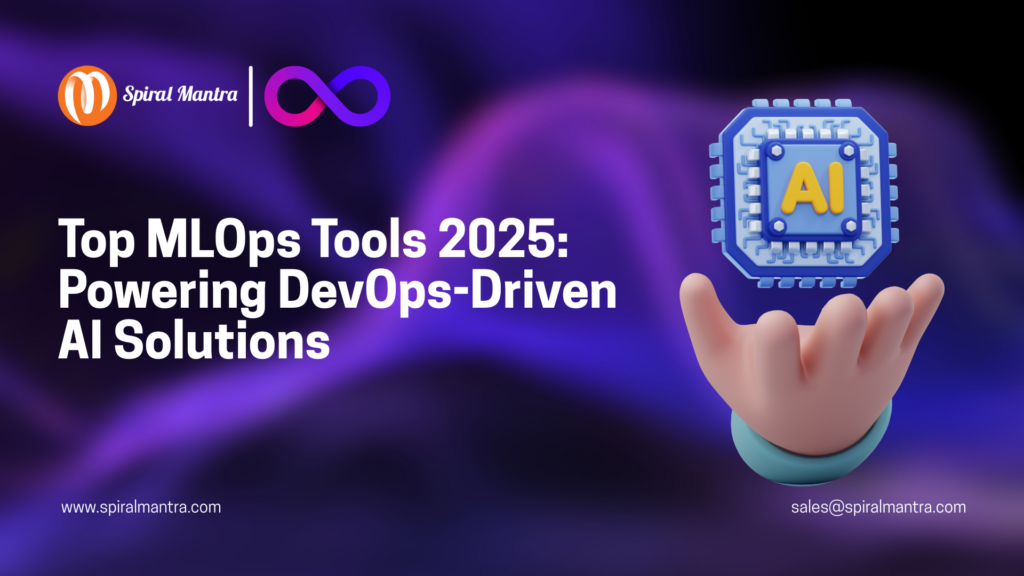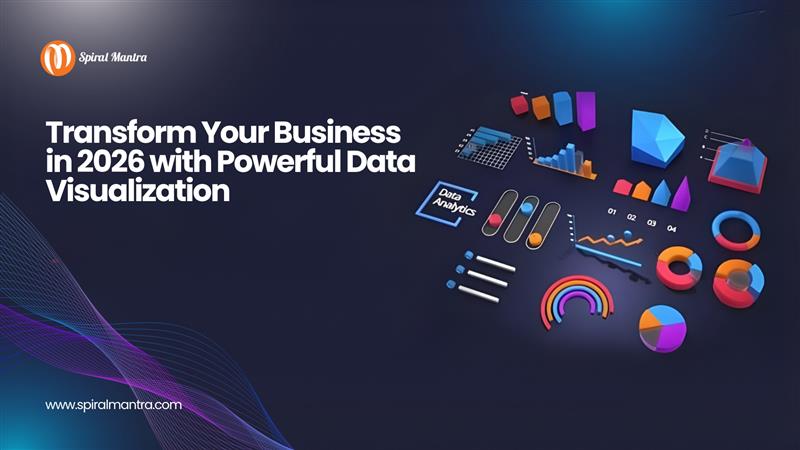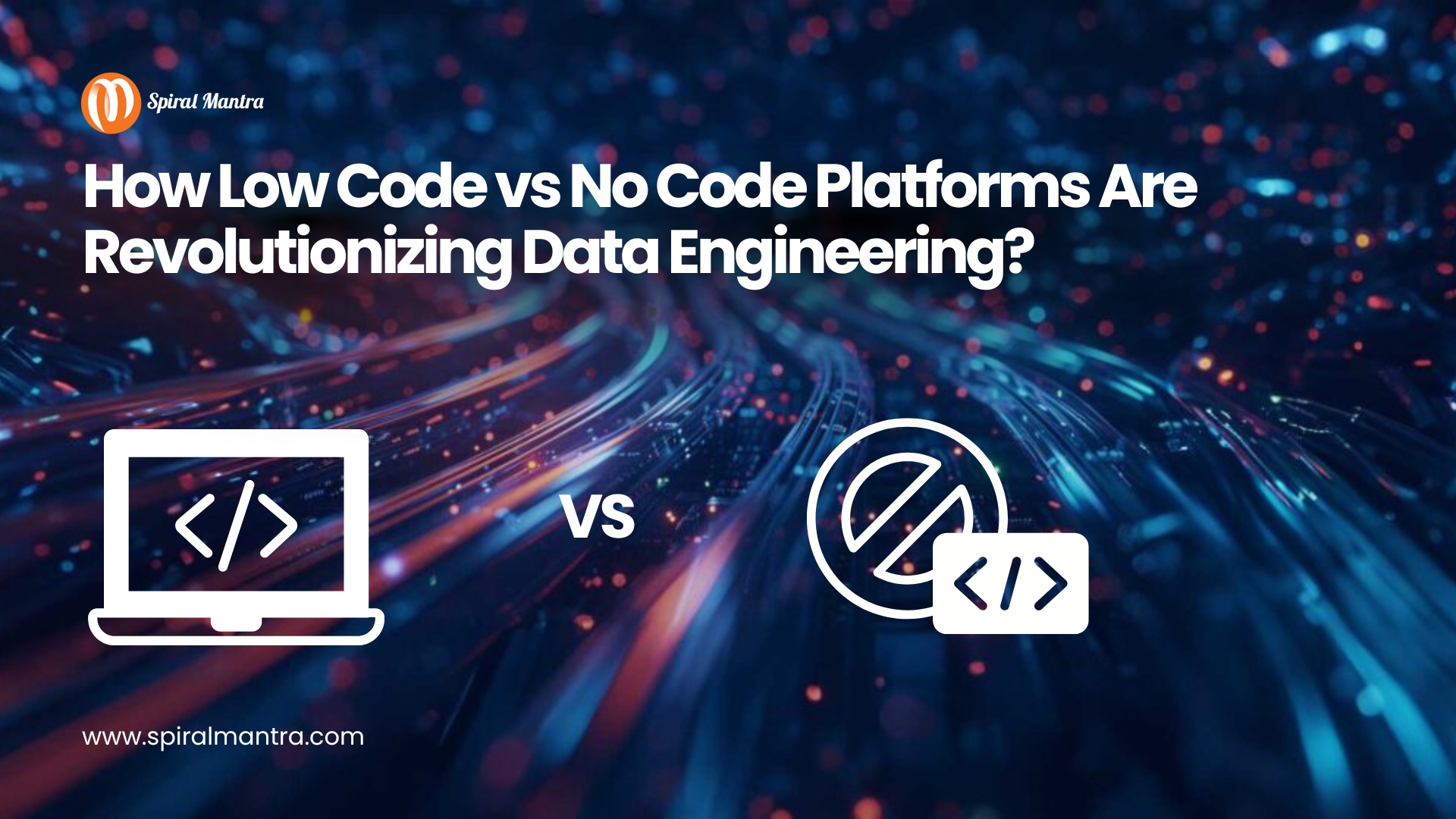
How MLOps Tools Are Redefining AI and DevOps
Throughout the years, DevOps consulting methodologies and AI solutions have revolutionized how organizations develop, deploy, and maintain machine learning models at scale. The landscape of machine learning and operations continues to evolve rapidly. With new platforms and MLOps tools, it’s emerging even faster to address and resolve the complex challenges of operationalizing AI solutions. This comprehensive guide aims to explore the most impactful MLOps tools, aiming to reshape the industry by enabling seamless integration between operations and development teams.
The Evolution of ML + Ops in 2025
MLOps represents the method of managing machine learning projects, and with time, it has matured significantly by moving beyond the basic model deployment. For instance, it encompasses comprehensive lifecycle management, intelligent monitoring, and automated governance by aiding the foundations of operationalizing AI. Right from model training to deployment to monitoring and governance, the technology allows DevOps consulting organizations to utilize productivity and produce reliable AI solutions for their clients, like Spiral Mantra does.
Comprising the definition of what MLOps tools are, these are software programs aiming to help machine learning engineers, IT operations teams, and data scientists streamline workflows by integrating DevOps-driven AI solutions effectively.
Let’s Divide These Machine Learning + Operation Tools: (Category-Wise)
Workflow Orchestration and Pipeline ManagementApache Airflow continues to dominate the orchestration space by executing the orchestrator tasks for designing, scheduling, and monitoring workflows. Additionally, the tool is versatile enough to handle complex dependencies, and its extensive plugin ecosystem makes it indispensable for organizations with diverse ML pipeline requirements.
In terms of workflow orchestration and pipeline management, Metaflow is another astounding tool poised to function for workflow management solutions, allowing machine learning experts to create, execute, and deploy workflow models into production. The tool is compatible with running on multiple clouds, including GCP, Azure, and AWS, and major Python packages like TensorFlow and Scikit-learn, with APIs accessible for the R language.
Perfect introduces modern workflow orchestration with improved developer experience, featuring dynamic workflow generation and robust error handling. Its hybrid execution model allows for flexible deployment strategies, from cloud-native to on-premises environments, and comes in two major variants, which are Perfect Cloud, utilized to see flows and deployments, and Orion UI, which allows you to host the orchestration API and engine server locally.
Kubeflow has evolved into a comprehensive ML platform built on Kubernetes, offering end-to-end pipeline management with cloud-native scalability. Its integration with container orchestration makes it perfect for organizations adopting microservices architectures for their AI solutions.
Continuous Integration and Deployment
Jenkins remains a stalwart in the continuous integration and continuous development space, with CI CD tools like GitLab CI/CD and CircleCI gaining more adoption to enable automated testing, integration, and deployment of machine learning models. Modern Jenkins deployments incorporate ML-specific plugins for model validation and automated testing.
GitLab CI/CD offers integrated MLOps capabilities with a built-in container registry and deployment tools. Its tight integration with version control makes it ideal for teams following GitOps practices for ML model deployment.
ArgoCD and Tekton are gaining traction for Kubernetes-native CI/CD, providing declarative deployment strategies and advanced rollback capabilities essential for production ML systems. Both are open-source platforms for data versioning and can be integrated seamlessly with Git to enable metadata, pipelines, and models. The tools can be used for experiment tracking of parameters and model metrics, along with model registration and ML deployment using CML.
Data Versioning and Model Management
MLflow revolutionizes the industry by offering DevOps-driven AI solutions, delivering robust experiment tracking, deployment, and model versioning capabilities. Backed by its open-source nature and extensive integration capability, which makes it ideal for teams transitioning. Right from traditional development practices to machine learning-centric workflows, MLflow is best suited to provide a centralized model management function, enabling teams to collaborate efficiently while maintaining strict version control.
DVC (Data Version Control) and LakeFS revolutionize data management by bringing Git-like versioning to datasets and ML experiments. Its integration with cloud storage systems and ability to handle large files make it essential for reproducible ML workflows. The tools are ideal for data lake architecture, enabling branch-merge workflows for data and providing atomic operations for large-scale data management.
Cloud-Native MLOps Platforms
Considering the cloud-native platforms, Amazon SageMaker continues to evolve in the dynamic tech environment by fulfilling machine learning and operations capabilities, which include features like model registry and monitoring with automated storage capabilities. It can be integrated with AWS services, making it ideal for organizations already associated with the AWS ecosystem.
Besides this, Google Vertex AI is a unified platform working with the capabilities of AutoML, combining to produce robust pipeline orchestration. Its integration with Google Cloud's data services creates seamless workflows from data ingestion to model deployment. On the other hand, Azure Machine Learning aims to provide strong integration to Microsoft's developer ecosystem with artificial intelligence, making it particularly appealing for organizations using .NET and Azure DevOps.
Organizations succeeding in MLOps adoption focus on gradual implementation, starting with experiment tracking and progressively incorporating advanced features like automated monitoring and deployment. The key is selecting tools that align with existing DevOps practices while providing growth paths for advanced ML capabilities.
Looking Forward: Secure DevOps-Driven AI Solutions with Spiral Mantra
Being the leading IT consulting firm, our expert team combines deep technical expertise with strategic insight to implement robust MLOps pipelines, automate deployment workflows, and optimize your AI infrastructure for maximum efficiency. From cloud-native architectures to intelligent automation, we partner with forward-thinking organizations to unlock the full potential of their digital transformation initiatives.

